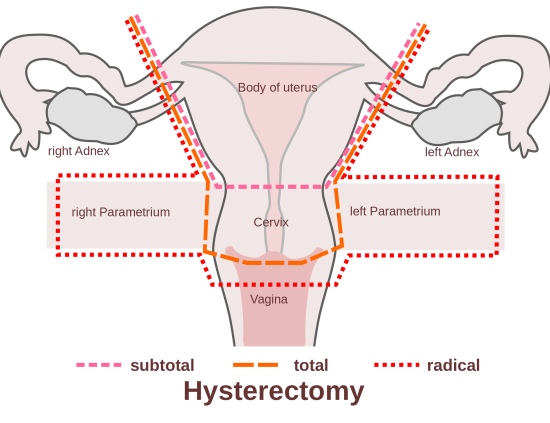Heavy bleeding during menstrual periods is always a concern for any women.
Bleeding heavily during regular periods is always a cause for frustration and discomfort in you.
It can also make your body weak. The solution to stop or reduce this heavy bleeding is endometrial ablation.
Endometrial ablation is a surgical procedure which is used to remove a thin tissue of lining of the uterus to stop or reduce the excessive or abnormal menstrual bleeding in women.
This thin tissue is the main cause for heavy or excessive bleeding in pre-menopausal stage. Endometrial ablation is usually preferred for the women whom childbearing is completed.
This procedure offers a helpful alternative to hysterectomy in treating prolonged or heavy menstrual bleeding. This surgery is often preferred for you when other treatments like hysterectomy are failed or when you are not satisfied or undesired with those medical treatments.
What are the techniques used in endometrial ablation?
There are several techniques involved in performing endometrial ablation surgery. Some of these simple techniques are listed below.
Using laser: In this method, a laser beam is allowed to pass through the lining of your uterus to destroy the unwanted tissues in your womb. Usually, CO2 laser is used in this surgery; it depends on the surgeon and the technique he/she uses to do the surgery.
Electrode ablation: In this method, a triangular mesh electrode is allowed to pass through the lining of your uterus to destroy the unwanted tissue.
Initially when this electrode is passed into the uterus, it sucks the tissue and after the suction of the tissue, an electric current is passed into the electrode to destroy the endometrium.
Balloon therapy: In this procedure, a balloon filled with heated saline solution is used to treat the endometrium.
Initially a balloon at the end of the catheter is inserted into the uterus and then it is filled with saline solution. This solution is then heated to the point that the excessive endometrium tissues are eroded away.
Hydro thermal: In this technique, a heated fluid is made to pass through the uterus for the destruction of endometrial tissues.
These are some of the techniques used in endometrial ablation surgery. Discuss with your doctor before going to have this surgery. Choose the one which is suitable and comfortable for you.
Some precautionary measures to follow after endometrial ablation:
- Recovery time mainly depends on the type of ablation used in the surgery and also on the type of anesthesia that was administered to you.
- You are advised to take rest for two hours after the surgery and you need at least 2 weeks of rest after the surgery. Sexual intercourse should be avoided during the rest period.
- You may experience abdominal cramps, vomiting and the need to urinate frequently for the first few days after the surgery. Vaginal bleeding is also quite common after the surgery, so always try to use only sanitary pads for bleeding.
- Consult your physician when you find any infectious symptoms like foul smelling discharge through vagina, excessive vaginal bleeding, or severe abdominal pain and also at times you can get fever or chills. So, immediately seek medical advice when ever you observe these symptoms and take proper medication.






